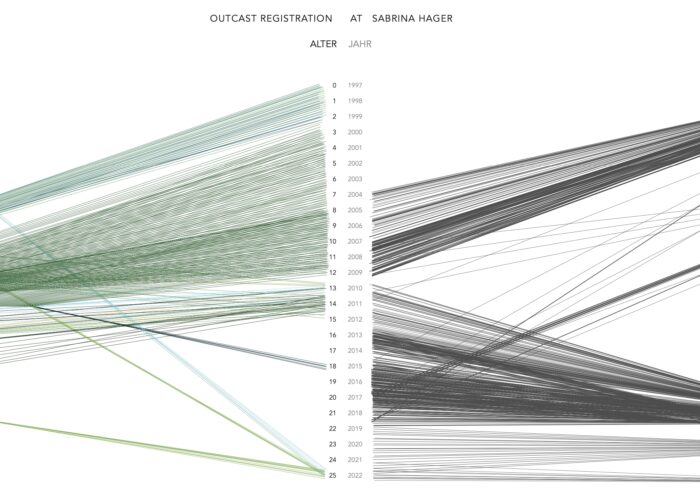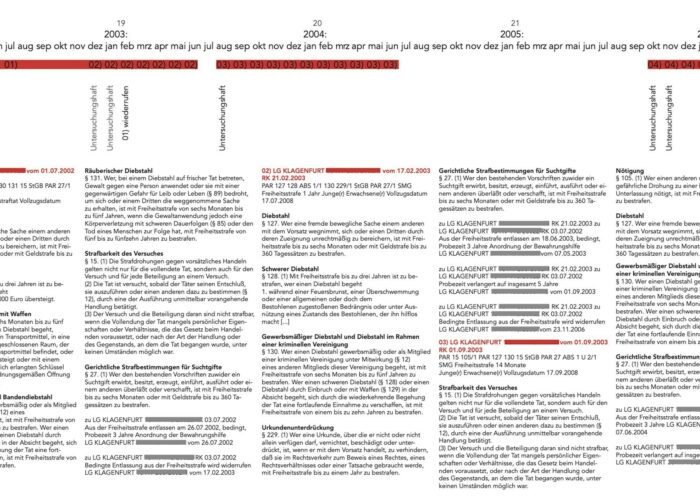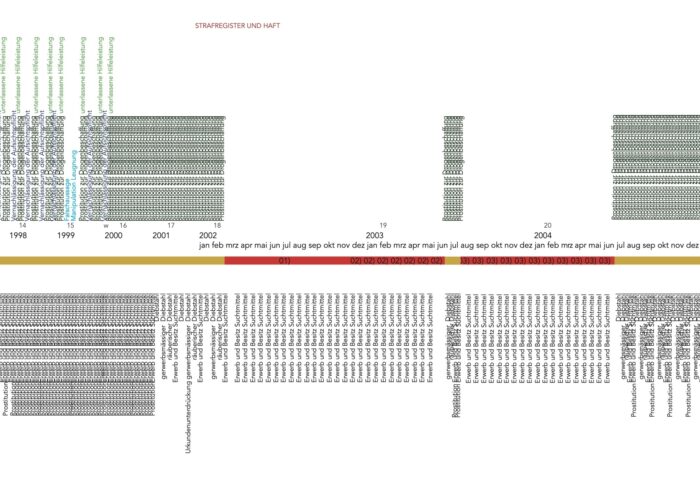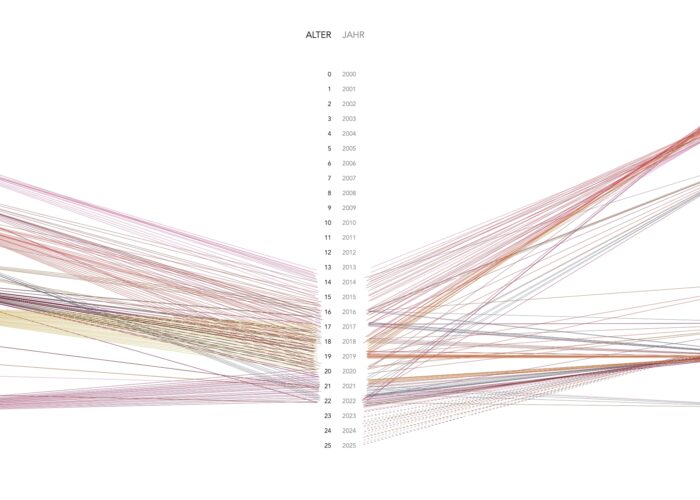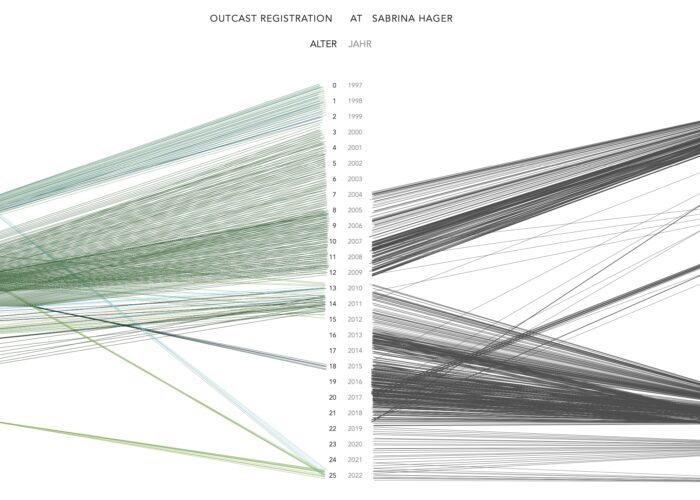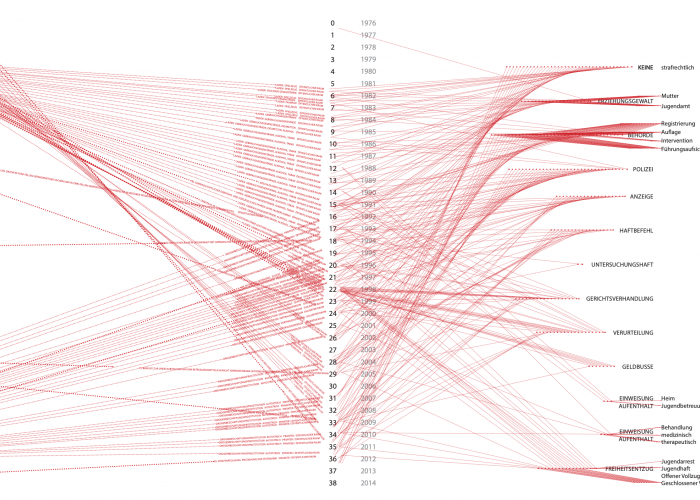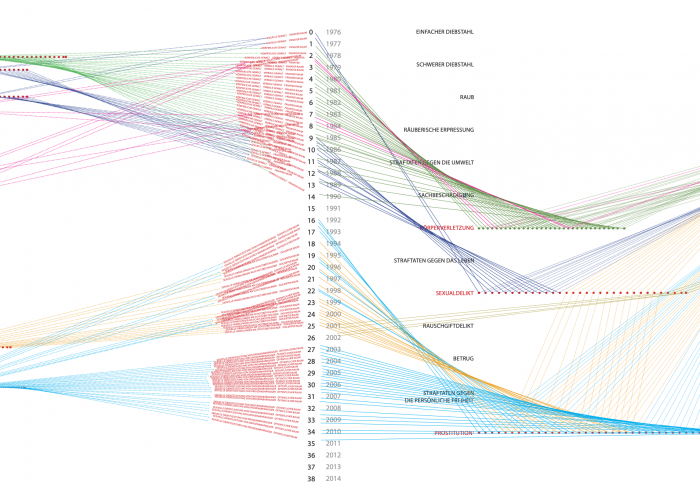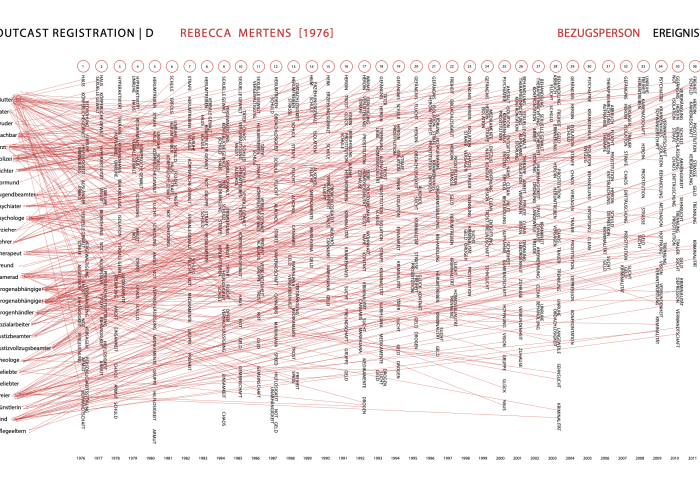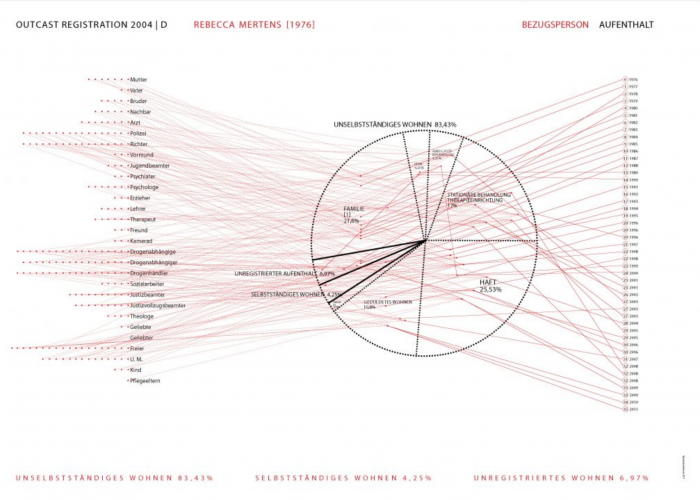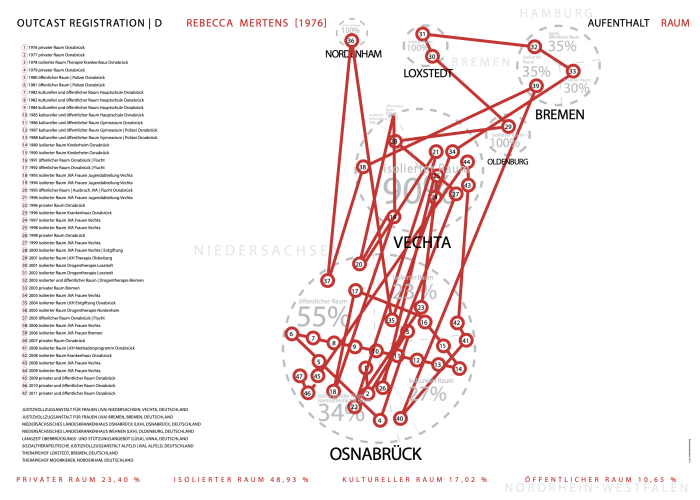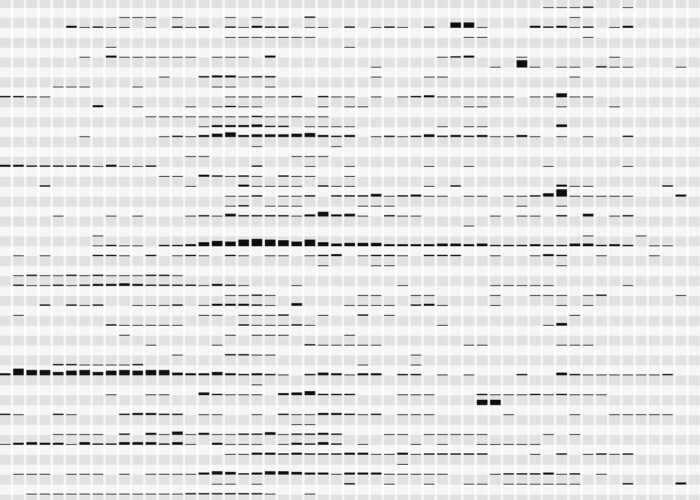to be aware of outsiders, that is, marginalised groups in a society, to register and research conditions they live under, and to demand public visibility for them, is the main concern of this arts and science research project. Such groups all suffer from similar systematic exclusion procedures that push them over and over again further to the margins of society. Unlike their male fellow sufferers, drug-addicted women in European prisons are considered a “negligible phenomenon”. The work of the OUTCAST REGISTRATION counters this by recognising the need of the participants to make their lives a public affair, which ultimately also means laying part of the responsibility for their illness at society’s door.
a partially public meeting at which the project work is discussed and reflected upon on an interdisciplinary basis attended by specialists from the fields of art, science, politics, and administration. In this way, the presentations of the project in cultural spaces as well as the interventions in public spaces (see Drop off and Speech Activity) are monitored critically.
as well as graphs, digital drawings, statistics, etc., assemble and visualise empirically collected data and facts from criminal records. The criminal offenses of the respective project participant are depicted in this way (see the diagram Criminal Offenses I), which resulted in conviction and imprisonment, as well as the criminal offenses committed against her, including their consequences (see the diagram Criminal Offenses II). In conjunction with the events given in the “basic” biography and the notes from memory protocols of countless conversations (in person, by telephone, and in writing) that Ulrike Möntmann conducted with the participants, the specific conditions, patterns, and recurring consequences are illustrated and contextualised.
Michel Foucault proposes the term “speech activity” as a translation of the Greek term parrhesia to differentiate truth speaking and the commitment it involves from the common forms of utterance with which people identify. In a clear distinction from the linguistic “speech act” according to Austin and Searle, Foucault is particularly concerned with the relationship between the parrhesiastic speaker and what is uttered.
a core element of the artistic and scientific research approach conducted for all projects, which distinguishes the collaboration with women convicted of drug abuse, with colleagues, scientists and institutions, as well as the dialogue with specialists from various fields such as philosophy, art (theory), psychiatry, sociology, political science, and law. The circulation of findings in the OUTCAST REGISTRATION network is expanded through the partly direct, partly mediated linking of different expertises.
a term from prison jargon that refers tersely to the constant in and out of women repeatedly sentenced to prison. It actually describes the devastating cycle of violence, drug use, prostitution, and imprisonment from which there is no way out as long as it is systematically prevented legally and socially. This form of seriality is also reflected in the individual components of the project.
the projects of the OUTCAST REGISTRATION operate in different topological spheres, that is, in spaces that reflect specific social functions and all have a private (individual) and a public (communal) meaning. The fact that private space is largely excluded highlights the problematic fact that the private sphere in democratic systems is fundamentally—and constitutionally—hidden from public view. While this does protect from state control and interference, it does not protect those who are exposed to (sexual) violence behind closed doors. For all the women who participated in the projects, the private space has never been a protective space, as is clear from their respective biographies—on the contrary. Since access to private space is denied, the OUTCAST REGISTRATION projects concentrate on social spaces that are accessible but under normal circumstances strictly separated from each other, and it is there that encounters or even confrontations are initiated between their inhabitants: — in isolated spaces, where segregated life far away from society is imposed, for example, in prisons, therapy facilities, psychiatric wards, and asylum seekers centres; — in cultural spaces, that is, institutionally legitimised and supported spaces and facilities, including museums, art halls and galleries, as well as, for example, playgrounds, parks, and zoos; spaces that are categorically in contrast to subcultural, secret, or even forbidden spaces for ideas, thoughts, and life styles, which are rejected by the majority and/or officially banished from the public sphere; — in the public realm, which ideally expresses the need and obligation of all people to be able to articulate in public everything that concerns all us, independent of whether they have been granted, have acquired, or have coerced authorisations and privileges. In the sense of Hannah Arendt, the sphere of what is public is not only a possibility, but rather a call to action.
comes from the Greek and means “freedom of speech” or “talking about everything”. It is the key theoretical concept of the eponymous project PARRHESIA: THE RISKY ACTIVITY OF SPEAKING THE TRUTH, which is based on Michel Foucault’s remarks on parrhesiastic speaking the truth. Drawing on the ancient tradition of truth speaking that can be traced back to Euripides, Foucault defines parrhesia as “a kind of verbal activity where the speaker has a specific relation to truth through frankness, a certain relationship to his own life through danger, a certain type of relation to himself or other people through criticism (self-criticism or criticism of other people), and a specific relation to moral law through freedom and duty. More precisely, parrhesia is a verbal activity in which a speaker expresses his personal relationship to truth, and risks his life because he recognises truth-telling as a duty to improve or help other people (as well as himself). In parrhesia, the speaker uses his freedom and chooses frankness instead of persuasion, truth instead of falsehood or silence, the risk of death instead of life and security, criticism instead of flattery, and moral duty instead of self-interest and moral apathy.” (Source: Michel Foucault, The Meaning and Evolution of the Word Parrhesia in Discourse & Truth: The Problematisation of Parrhesia, 1999, 6 lectures at the University of California at Berkeley, CA, Oct.–Nov. 1983. https://foucault.info/parrhesia/foucault.DT1.wordParrhesia.en/)
born in 1976, Rebecca took part in the Prison Wear Collection project that was held in the women’s correctional facility in Vechta, Lower Saxony, in 2000/2001 and during this time she becomes clean. After completing the project, she entered inpatient therapy for the first time, where she was confronted with the causes of her illness. In the second phase of the therapy under semi-open supervision, she had a relapse, lived on the streets from prostitution, and was imprisoned again a short time later. Rebecca Mertens’ life is characterised by the revolving door effect and is exemplary in this respect, while her radical openness and self-examination are extraordinary. The collaboration with her has been intense from the beginning and continues to this day, despite long breaks. Her biography is the strongest call to register and conduct further research into the living conditions of women in European prisons before and after the onset of their drug addiction disease.
also criminal files, pleadings, minutes, etc., testify to some extent to “the other biography” of the offender and they contain the verdict according to the laws which have been applied and their interpretation in the individual case of the lawbreaker in their wording. Contrary to what is generally assumed, 95% of the criminal records of the women involved cite petty crimes such as simple theft (acquisitive crime) and not serious offenses and violations of the Narcotics Act (BtMG). Rather, it is the sum of these petty offenses or non-compliance with court orders that leads to years of life in prison. The specific naming of the offenses committed is important in order to uncover systemic errors and, at the same time, to formulate a kind of “counterstatement” based on precisely those facts that were originally intended to justify the conviction.
initialism for the project title THIS BABY DOLL WILL BE A JUNKIE, which suggests that drug addiction is an unavoidable fate—an ominous prophecy for a human life that has barely begun. On the one hand, it contradicts common notions of freedom, independence, equal opportunity, and individual self-determination as guaranteed, indisputable rights of every individual. On the other, it also criticises a fatal consequence of this ideal, which often goes hand in hand with supposedly being justified in condemning the illness of addiction and the resulting violations of the law as a purely individual matter of personal failure. This failure to mourn those who have already been denied being regarded as a life worth living discredits connectedness and solidarity, that is, the willingness to engage in a shared world in equality and diversity.
